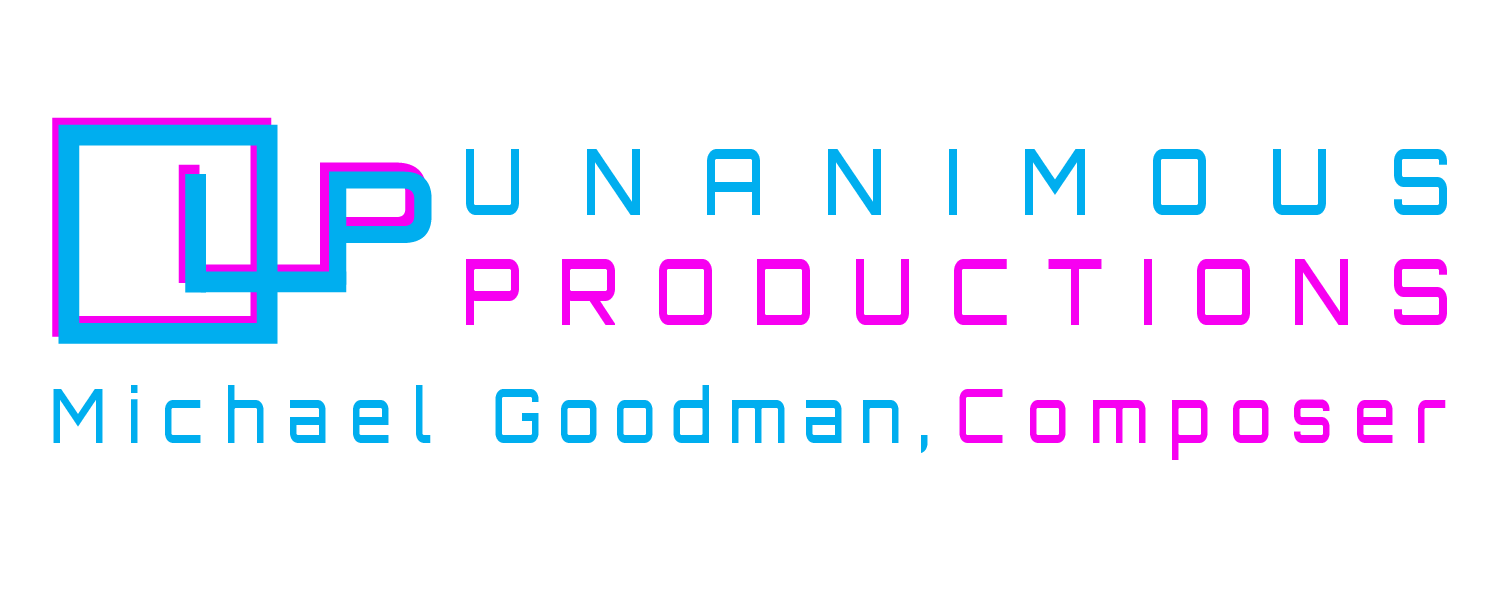Postmodernism
During the fall semester of 2010, I learned something that has grab my interest for quite sometime. I took MUS 422 20th century European and American Music Literature which was taught by Dr. Ricardo Lorenz, Associate Professor of Composition. One of the last and perhaps the most crucial topics in the class was the comparison and trend between modernism and postmodernism.Modernism had been experimented from the end of World War I to the 1960s. During that time, the composer's goal was to compose music by experimenting with pitches, rhythms, timbres, colors, shapes, textures, etc. Art became highly elitist as well as the concept of abandoning the past and embrace a better future.Postmodernisn occurred when Modernism became the entrenched norm in artistic, intellectual and academic circles. Modernism is seen as the Status Quo; DEAD. Postmodernism is a look back to former rejected traditions seems inevitable. Along with a reevaluation of tradition comes a reevaluation of art's expressive potential. The art object is valued for its semantic potential to provide commentary and critique. Art is re-contextualized and becomes highly manneristic and populist.Postmodernism gets very complicated since it can be categorized into two sub-categories: reaction postmodernism and resistance postmodernism.Reaction postmodernism is where the composers completely abandons the techniques of modernism and brings back the traditional history. Ex: Leonard Bernstein, Aaron Copland? Resistance postmodernism is where the composers faces the techniques of modernism head on and critiques the traditional/modernism. Ex: Frank Zappa, Fredric Rzewski, John Corigliano, and Luciano Berio.The problem in our society today, is although postmodernism is occurring as of now, we really do not know where music is heading. It's a mysterious question that will be answered through time. If anything, this topic helped me find out my form of writing: resistance postmodernism. In today's society, it is impossible to say you write romanticism music, since that music started and ended in the 19th century, though you COULD say that you incorporate the techniques of romanticism in your piece, but that's another topic.My point is that we do not have the privilege to say that our music is classical music, baroque music, romantic music, or modernism. Postmodernism is a very versatile type of music in which numerous compositions fit in that category.

